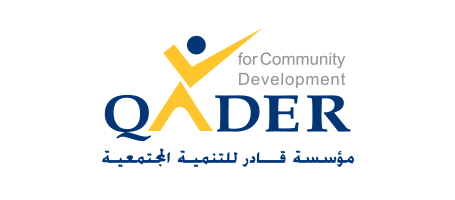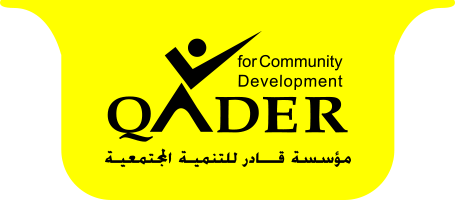QADER participates in the briefing of the UN Special Rapporteurs about women and girls in the occupied Palestinian territories

QADER for Community Development participated in the briefing of the UN Special Rapporteurs about Palestinian women and girls under occupation, titled "Between Protection and International Accountability," organized by the Ministry of Women's Affairs at the Millennium Hotel in Ramallah on September 9, 2024. The meeting was attended by several UN Special Rapporteurs, including Francesca Albanese, the Special Rapporteur on the human rights situation in the occupied Palestinian territories, Reem Alsalem, the Special Rapporteur on violence against women and girls, Balakrishnan Rajagopal, the Special Rapporteur on the right to adequate housing, Michael Fakhri, the Special Rapporteur on the right to health, and Heba Hagrass, the Special Rapporteur on the rights of persons with disabilities, alongside representatives from UN agencies, Palestinian civil society organizations, and official institutions.
QADER's participation came as part of the organization's ongoing strategic efforts in international, regional, and local advocacy, utilizing United Nations mechanisms and international justice to defend the rights and issues of persons with disabilities in general, with a priority focus on women, children, and the elderly with disabilities, as they are the most deprived of rights overall based on the principle of inclusive disability. The organization's key efforts in 2024 included a comprehensive report issued in April 2024 on the impact of the aggression on Gaza on the rights of persons with disabilities, documenting violations, providing legal analysis, and advocating for accountability and redress. This report was sent to the United Nations mechanisms and international justice bodies.
Additionally, QADER participated in a special meeting with the Independent International Commission of Inquiry on the Occupied Palestinian Territory, established by the Human Rights Council, on July 21, 2024. The organization also submitted an alternative report to the UN Committee on the Rights of the Child (CRC) on August 15, 2024, countering Israel’s fifth and sixth combined periodic reports regarding its record on children's rights amid the ongoing aggression on Gaza.
QADER for Community Development was represented at the meeting of the Special Rapporteurs about women and girls in the occupied Palestinian territory by the organization’s legal advisor, Dr. Issam Abdeen, an expert in legal and human rights affairs. In his speech, titled “The Most Marginalized Groups and the UN Special Rapporteurs,” Dr. Abdeen emphasized the importance of an inclusive approach to monitoring and documenting grave violations and international crimes against the most marginalized and deprived groups, including women, children, and elderly persons with disabilities. He highlighted the compounded impact of these violations on their various rights and the necessity of adopting the broad definition of disability as outlined in the CRPD (Convention on the Rights of Persons with Disabilities) when monitoring and documenting violations, as well as in advocacy, accountability efforts, ensuring justice for victims, and defending the rights of persons with disabilities.
Dr. Abdeen also stressed the need to review the UN Special Procedures System and called for all relevant Special Rapporteurs to be granted access to the occupied Palestinian territory, especially the Gaza Strip, to witness firsthand the violations and international crimes occurring on the ground. He further underscored the importance of allowing the International Criminal Court's prosecutors to access the territory without succumbing to Israeli restrictions. This is critical for fulfilling the mandates of the Special Procedures and implementing the decisions and measures issued by the International Court of Justice in 2024.
Additionally, he highlighted the importance of aligning monitoring and documentation efforts with UN monitoring standards and the standards of the International Criminal Court. This is the approach that QADER adopts in its publications, monitoring and documentation processes, legal analyses, and pathways for effective accountability and redress for victims.

